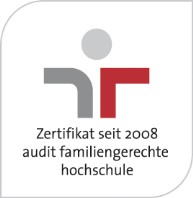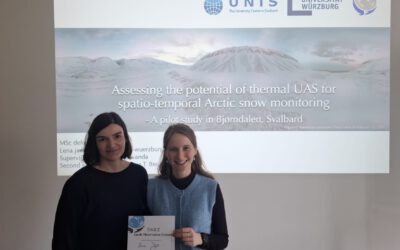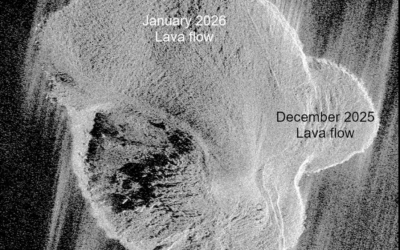Scientific Service and Project Management

The Department of Remote Sensing at the Julius-Maximilian-University of Würzburg (JMU), Germany, offers an open position in half-time (50%) and limited until 31 October 2021 (with a potential prospect of extension). The renumeration is based on the TV-L.
The successful applicant will work in an international team and will be predominantly involved in the following tasks within a recently procured third-party funded project:
- Coordination of the project goals (planning and monitoring of milestones, content task),
- Preparation of project reports to the funding organizations and presentations,
- Documentation of the processes and results developed in the project,
- Development of remote sensing process chains in the context of land degradation in South Africa,
- Support in the project management,
- Preparation and provision of training measures in South Africa and Germany, and
- Writing of scientific publications.
The following qualifications are required:
- A university degree in natural sciences in the field of geography, geomatics, or similar, with focus on spatial data analysis,
- Excellent programming skills (Python, R),
- Willingness to work in an international team and project and in travel activities (national/international), very good organizational skills, and high motivation to work independently,
- PhD in a geoscientific field is of advantage,
- Excellent German and English language skills both written and oral, and
- Experience in international cooperation and/or research projects, preferably in Africa.
The JMU aims to increase the proportion of women and therefore explicitly encourages qualified women to apply. Disabled persons are given preferential employment if their eligibility, skills and professional performance are essentially equal.
Please send your application documents with reference to the keyword LSFE-DCSA1 – also by e-mail – by 02 August 2020 to
Dr. Michael Thiel, Lehrstuhl für Fernerkundung, Oswald-Külpe-Weg 86, 97074 Würzburg
l-geofernerkundung@uni-wuerzburg.de

Please send copies only. For financial reasons, the application documents cannot be returned and will be destroyed shortly after the end of the selection procedure. If you enclose a stamped envelope, the application documents will be returned to you three months after the end of the selection procedure.









